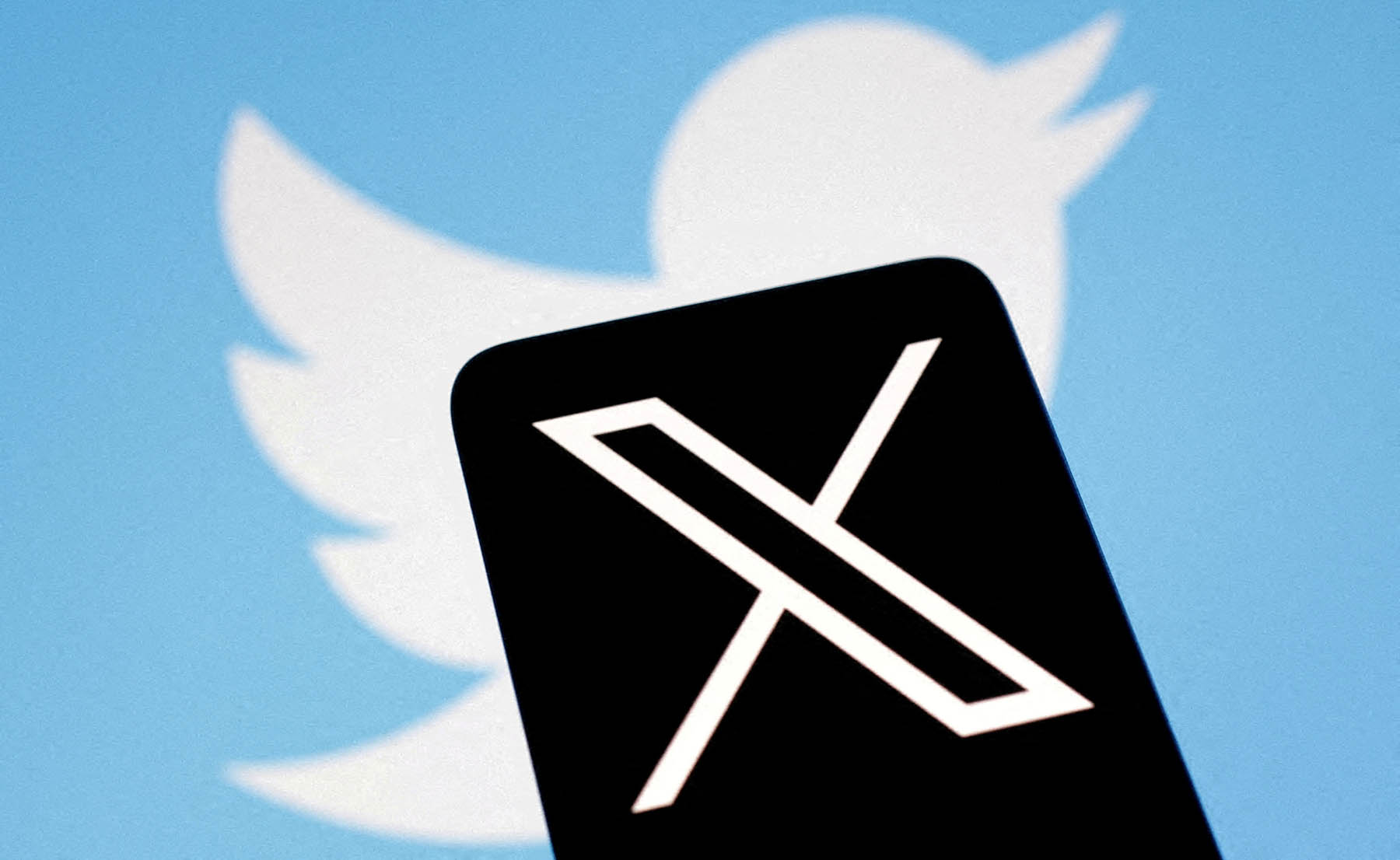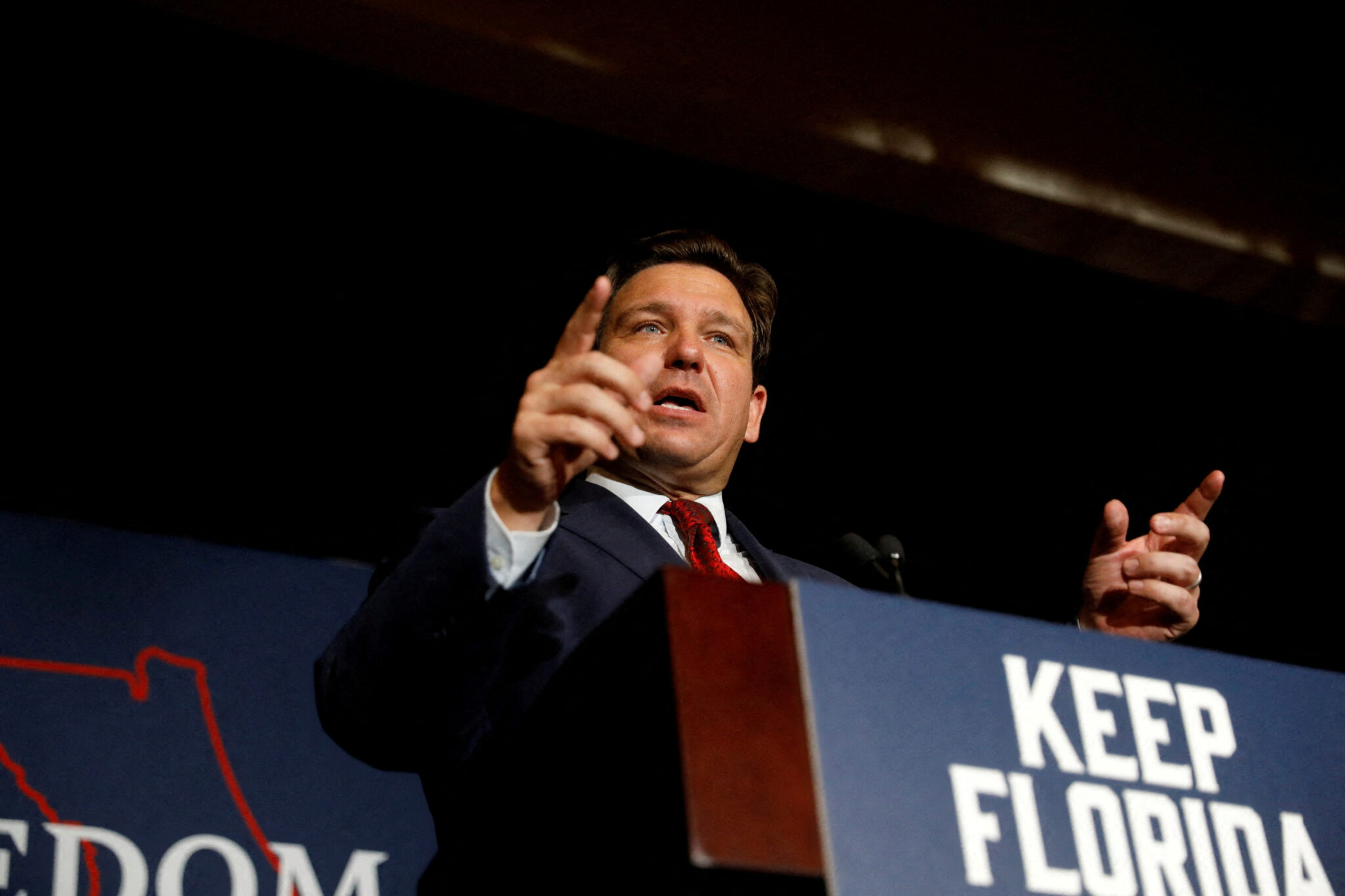TikTok and five of its Montana-based creators sued the state’s attorney general in two separate federal lawsuits challenging the state’s recently signed legislation which bans the app, claiming it violates the First Amendment.
The law, Senate Bill 419, prohibits TikTok from operating in Montana and provides the framework for potential fines of $10,000 per day for any entity that violates the statute, including app stores that continue to host TikTok after the ban goes into effect. The penalties don’t apply to users who download the app.
The bill, which was signed by Gov. Greg Gianforte May 17 hours before the creators’ lawsuit was filed, states that “TikTok’s allowance and promotion of dangerous challenges threatens the health and safety of Montanans.” These “challenges” include “throwing objects at moving automobiles, taking excessive amounts of medication,” and “cooking chicken in NyQuil,” among others listed in the legislation.
It also credits the ban to TikTok’s parent company, ByteDance, which is a Chinese corporation. The bill claims that “TikTok gathers significant information from its users, accessing data against their will to share with the People’s Republic of China.”
Both lawsuits challenging the ban were filed in the U.S. District Court for the District of Montana. TikTok is suing for its First Amendment right to “exercise” its “protected editorial judgment on whether, and how, to host, disseminate, and promote third-party speech created by others,” while the creators are suing for their own protected expression which is shared on the platform.
TikTok states in its May 22 complaint that “This unprecedented and extreme step of banning a major platform for First Amendment speech, based on unfounded speculation about potential foreign government access to user data and the content of the speech, is flatly inconsistent with the Constitution.”
In a statement to First Amendment Watch, Emily Flower, spokeswoman for Montana Attorney General Austin Knudsen, said they “expected legal challenges and are fully prepared to defend the law that helps protect Montanans’ privacy and security.”
The creators claim in their May 17 complaint that the law “creates a prior restraint on expression that violates the First Amendment” because it restricts a forum used for public discourse.
A prior restraint is an order issued by a court that prohibits the publication or broadcast of material that in some way is deemed especially harmful. Prior restraints prevent material from ever reaching the public, a serious step that diminishes the marketplace of ideas and the well of information that informs citizens in a self-governing society.
TikTok agrees in its suit, stating the ban “effects a prior restraint on the speech of Plaintiff and other TikTok users, unconstitutionally shutting down the forum for speech for all speakers on the app and singling these speakers out for disfavored treatment with the content-based rationale that videos on TikTok are harmful to minors.”
Lee Banville, director of the University of Montana School of Journalism, said “The question of whether an individual state can kind of step in and silence the people within a geographic community who want to speak using one of these internet platforms is a pretty untested concept.”
Teacher Guide: Prior Restraints — The Most Egregious Violation of First Amendment Rights
The creators compared Montana’s ban to prohibiting access to the Wall Street Journal “because of who owns it or the ideas it publishes,” the complaint states. “Even if Montana could regulate any of the speech that users share through TikTok, SB 419 wields a sledgehammer when the First Amendment requires a scalpel.”
“Content-based, viewpoint-based, and speaker-based laws that restrict or burden speech are also presumptively unconstitutional under the First Amendment,” the suit states. Viewpoint discrimination represents a fundamental violation of First Amendment rights because the government is not permitted to favor or disfavor viewpoints expressed in the marketplace of ideas.
Justice Thurgood Marshall advanced the presumption against content discrimination in the 1972 Supreme Court case Chicago Police Department v. Mosley, in which the court invalidated a Chicago ordinance that treated protesters near schools differently based on the content of their speech. Justice Marshall wrote that “Above all else, the First Amendment means that the government may not restrict expression, because of its message, its ideas, its subject matter, or its content.”
Banville said this argument of viewpoint and content discrimination based on the ownership of the Wall Street Journal versus the owner of TikTok is “always a very strong First Amendment argument.”
“If you can get a court to say ‘Yeah, without providing evidence of the security breach, you are just discriminating against them because they’re Chinese connected,’ that’s a pretty sure-fire way to win the lawsuit,” Banville said. “It’ll be interesting to see how the court raises this question of media ownership because that typically hasn’t been equated to viewpoint.”
The five creators who signed onto the lawsuit include a former U.S. Marine Corps sergeant, a rancher and a small business owner who designs sustainable swimwear. Three of the plaintiffs earn revenue from their accounts, with the rancher almost tripling her household’s income, according to the suit.
The creators’ lawsuit claims that the law is “substantially overbroad,” meaning that it is written so broadly that it regulates both protected and unprotected speech. Here, the plaintiffs argue that the law is an attempt “to address the concern that some content on TikTok may be too ‘dangerous’ for minors,” but “bans all speech by all Montana users, regardless of its First Amendment protection, or who views it. SB 419 sweeps in and suppresses far more speech than it may permissibly regulate.”
TikTok agrees, and states the law is “unconstitutionally shutting down the forum for speech for all speakers on the app.”
Social media was described by the Supreme Court in Packingham v. North Carolina in 2017 as the “modern public square,” since public discourse often is posted on social media platforms as well as being discussed in government-controlled forums.
Banville says it’s a “messy question” when analyzing a privately held company that’s operating like a public forum.
“I think this TikTok ban is sort of a latest effort to figure out whose speech we are talking about,” he said. “Are we talking about the speech of TikTok or are we talking about the speech of the TikTok users? Because although they feel like they ought to be connected, in some ways, they’re really not. They’re really legally two very different things, and so it’ll be interesting to see how the court sort of tries to thread this needle.”
In its complaint, TikTok said the ban “singles out” the “application for this punishment, notwithstanding that the data allegedly collected by the app is no different in kind than data collected from any number of other sources and that is widely available in the data broker market.”
Gov. Gianforte directed the state’s Chief Information Officer Kevin Gilbertson May 17 to expand the state’s prohibition of TikTok to “all social media applications that provide personal information or data to foreign adversaries.”
Banville said this directive from the governor was his way of expanding the TikTok ban so it wouldn’t appear “discriminatory” against one company.
While Montana is the first state to ban TikTok from both state-issued and personal devices, others have moved to restrict the app due to concerns about TikTok’s parent company, ByteDance, and its possible ties to China.
Twenty-seven other states have banned the app from state-issued devices; four have banned the app from certain agencies’ state-issued devices; and four others are considering some type of ban, according to CNN.
“Plaintiffs’ First Amendment rights have been and will continue to be burdened because of the impending ban,” the creators’ suit states. “Unless declared invalid and enjoined, SB 419 will unlawfully deprive Plaintiffs of their rights under the First Amendment, inflicting immediate and irreparable harm.”
May 17, 2023 — TikTok creators’ complaint
May 22, 2023 — TikTok v. Attorney General Austin Knudsen
Tags



